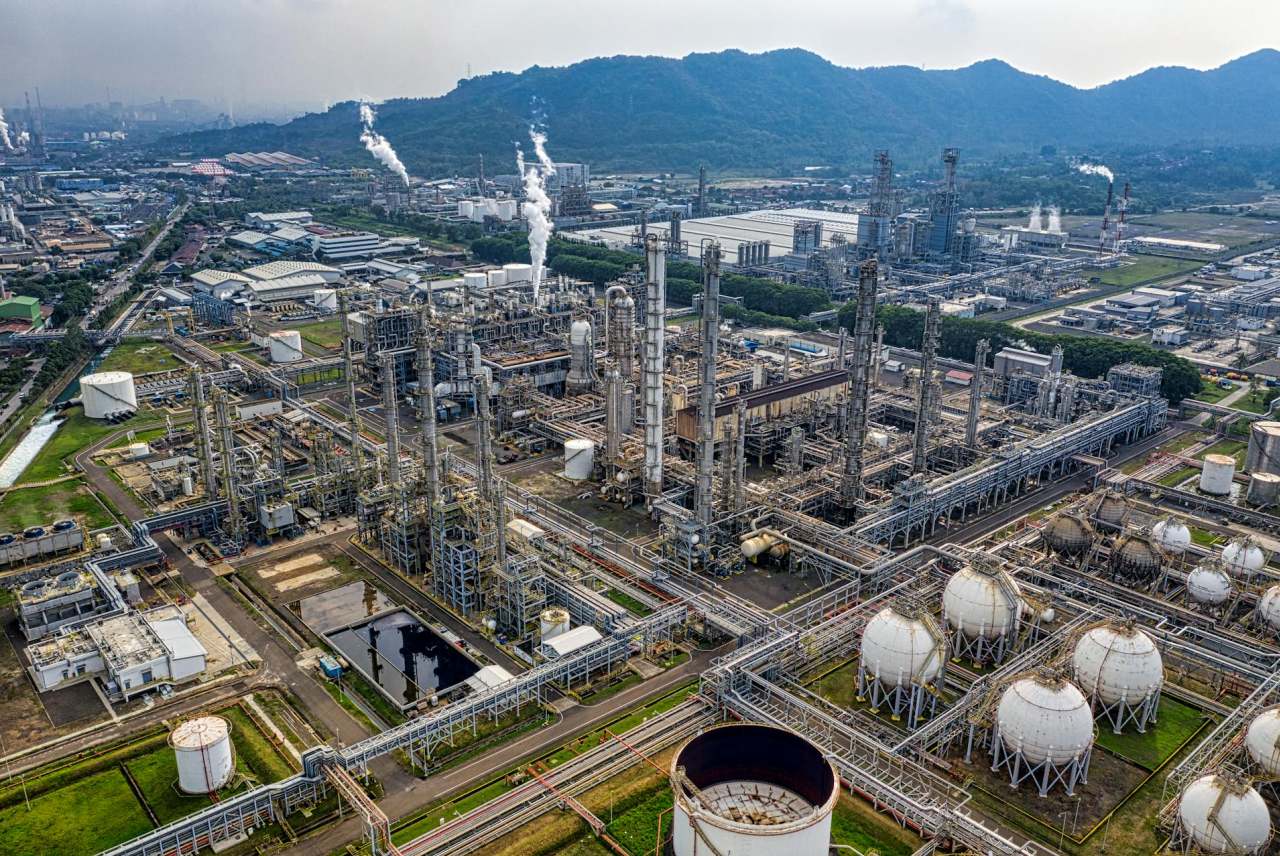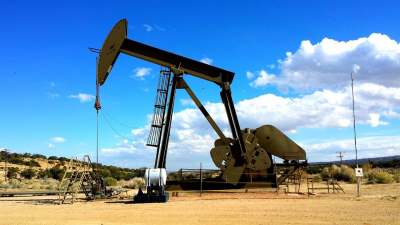Which banks are financing fossil fuels?
Unfortunately, almost all UK high street banks are financing fossil fuels. Since the Paris Agreement in 2015 – where the world first agreed to limit global warming to below 2 degrees – most UK banks have provided billions in funding to fossil fuels.
Several big high street banks in the UK appear in the Banking on Climate Chaos report. The report covers eight of the banking groups that appear in our guides to ethical current accounts, savings and mortgages for example.
JP Morgan Chase (owner of Chase bank) has consistently been the world’s biggest funder of fossil fuels, providing $192 billion (£142 billion) in just four years from 2021-2024. And it significantly increased its funding of fossil fuels by 40% in 2024 compared to the previous two years, reaching more than $53 billion (£39 billion).
Barclays is at number ten with almost $100 billion since 2021, making it the biggest banker of fossil fuels in Europe. It increased its financing by nearly 60% in 2024 compared to the previous year.
How much some banks are funding fossil fuels
| Position |
Bank |
Total fossil fuel finance
2021 - 2024
(US$, billions, rounded up) |
Increase or decrease from 2023 to 2024 |
| 1 |
JP Morgan Chase |
$192 bn |
Increased |
| 10 |
Barclays |
$99 bn |
Increased |
| 12 |
Goldman Sachs |
$87 bn |
Increased |
| 19 |
HSBC |
$67 bn |
Increased |
| 29 |
Santander |
$48 bn |
Increased |
| 51 |
Natwest |
$10 bn |
Increased |
| 55 |
Lloyds |
$8 bn |
Decreased |
| 60 |
Danske Bank |
$5 bn |
Increased |
This table only includes the banks that have operations in the UK and appear in our guides. For the full listing of all 65 banks visit the Banking on Climate Chaos report website.
For years, fossil fuel financing has been so much the norm that unless banks have a robust policy on it, they may well be financing the industry. Unfortunately, only a handful of banks have fully committed to ensure that your money won’t go to oil, gas or coil.
In fact, many banks are still funding the very worst fossil fuels. For example, Barclays has only very weak policies excluding fracking – a way of extracting oil and gas by using water to push the fossil fuels from underground, which leaks huge amounts of the potent greenhouse gas methane. Goldman Sachs likewise had a very weak policy on oil drilling in the Arctic circle.
What's in the Banking on Climate Chaos report?
The report looks at overall financing of fossil fuels by 65 private-sector banks since 2016, as well as each bank’s individual funding for fossil fuels since 2021. It examines:
- Banks’ financing for 2,730 fossil fuel companies.
- Banks’ financing for 706 oil, gas, and coal companies actively expanding fossil fuels.
- Banks’ policies on financing for the most damaging fossil fuels – coal, tar sands, Arctic oil and gas, ultra deepwater oil and gas, and fracked oil and gas.
The Banking on Climate Chaos report is published annually by Rainforest Action Network, BankTrack, the Indigenous Environmental Network, Oil Change International, Reclaim Finance, Sierra Club, Urgewald and CEED.








